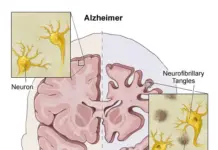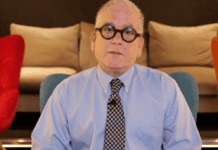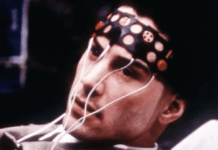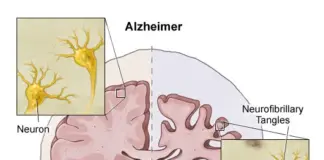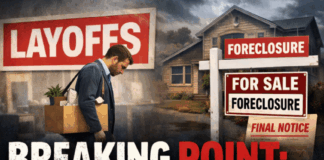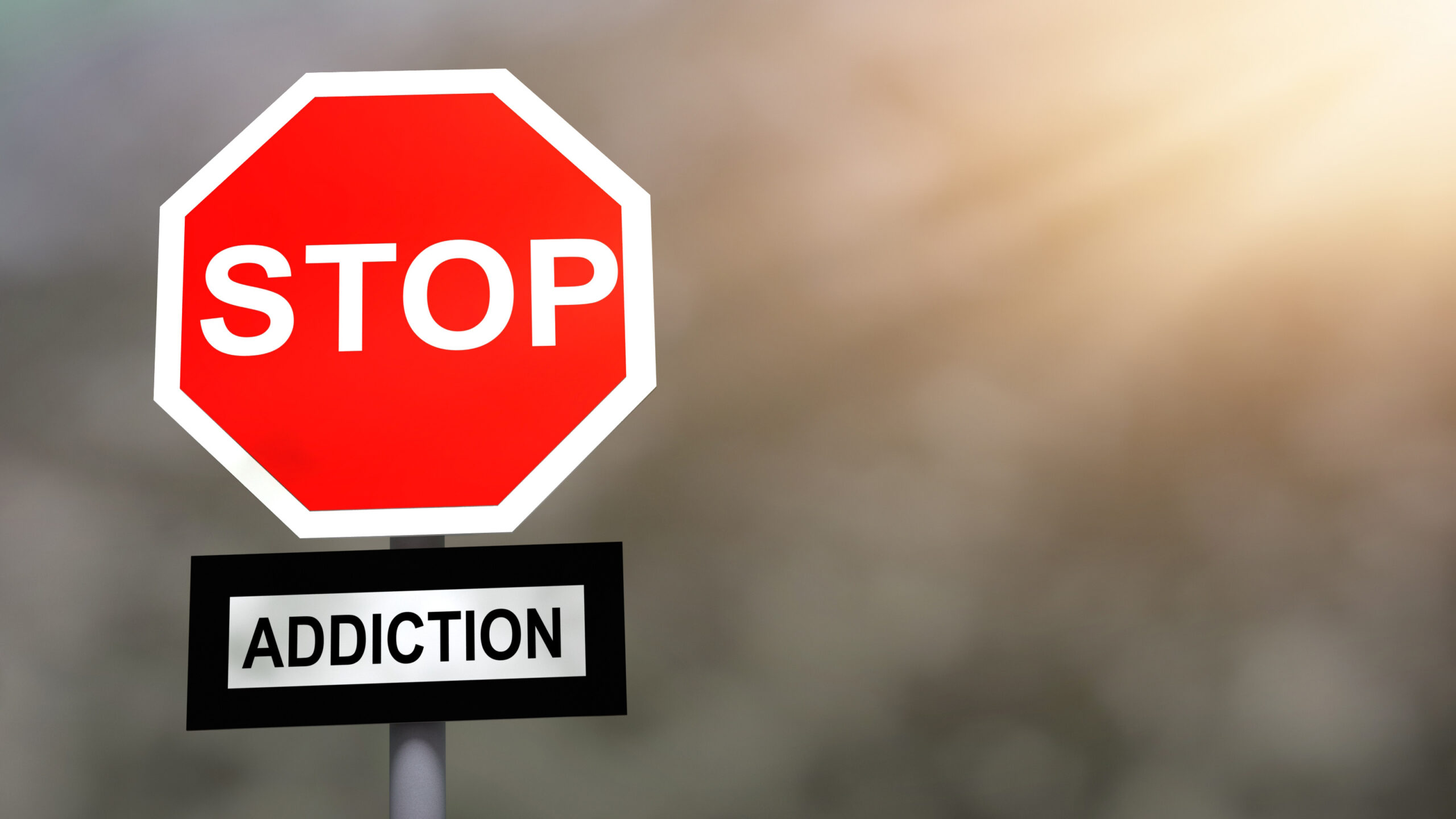
By Guest Writer Jason Shiers
Over 3 million adults in the UK, aged 16-59, used illicit drugs in the past year. Of these people, almost one million took cocaine and more than 2.5 million people used cannabis. Although most people don’t experience serious harms including addiction, around 200,000 people are in contact with drug treatment services every year. Opioid users are the majority of the drug treatment population – over 140,000 people annually. 46 people everyday are admitted to hospital for drug poisoning.
There is no stereotypical addict. Drug addiction affects every age, gender, class and race – from working parents to university students, homeless people to high-flying executives, from builders to baristas to barristers. Increasingly, people are getting hooked on legal medications too. Over the past decade, doctors in England and Wales have prescribed record numbers of powerful opioids – rising from 14 million prescriptions in 2008 to 23 million in 2018. Long-term opiate use carries a high risk of addiction but many patients aren’t informed about the facts.
So, where do you turn if you get addicted? How do you choose a good drug rehab and what care should you expect? After leaving rehab, how can you help yourself to stay drug-free?
If you need an urgent assessment for drug addiction and information about drug rehab, please get in touch with UK Addiction Treatment today. Call UKAT on +442039496584 or visit ukat.co.uk to chat to an advisor online.
How do you know if you’re addicted to drugs?
By the time most people seek advice about drug rehab, they know they’re in serious trouble. They can’t control the amount of drugs they take, how often they use or what happens after taking drugs. The physical and mental symptoms of addiction can be distressing or dangerous. The illness limits opportunities and damages relationships. Increasingly, life revolves around drugs – finding and paying for them, using them and getting more.
However, many people with drug addiction still function in everyday life. This includes people in workplaces, public figures, parents who are raising kids, young people in college and older people who struggle with chronic pain. It may feel like there’s a lot to lose by admitting a drug problem. For example, parents can be very worried about the impact on their children. Company directors might be concerned about taking time off work for treatment.
Whatever your circumstances, concealing drug addiction is an immense pressure. As health problems or injuries mount up, it gets harder to function. Work stress or absences take their toll. It’s difficult to be available to children and partners. Friendships and relationship break down and there are financial consequences. In the long term, it’s almost impossible to hide the harms of addiction – family, friends or colleagues will often spot what’s happening, even if you don’t think they know.
The best way to diagnose drug addiction is to ask your GP and/or an addiction specialist for an assessment.
What happens in a drug addiction assessment?
The first phase of drug treatment is an assessment. This determines whether you are suffering with drug addiction and what the best treatment is for you. Your assessment can take place over the phone or in person.
If you speak directly to a drug rehab provider, they will ask you some questions about your drug use. They’ll cover what substances you’ve been using and how much. More importantly, they’ll ask about the impacts of drug use on your health and quality of life.
The assessor will also ask about your wider physical and mental health – including any diagnosed illnesses or medication you’re taking. This helps to identify the right drug rehab facility for you. For example, if you’ve been diagnosed with a mental illness, you will benefit from dual diagnosis expertise.
Relevant information about your background and life experiences can also be useful – however, this is not essential. The assessment is also a great opportunity for you to ask questions.
You should always expect courteous and non-judgmental treatment in your addiction assessment. In almost every circumstance, confidentiality should be guaranteed. UKAT offers an addiction assessment over the telephone, as well as guidance on drug rehab nationwide. Please call +442039496584 for confidential help.
Types of drug rehab treatment
If your doctor or an addiction specialist recommends drug rehab, then there are residential and non-residential programmes.
Residential drug detox and rehab
Research shows that residential detox and rehab have greater success in treating drug addiction than outpatient programmes. This is partly because of the intensive nature of residential rehab. Clients are fully immersed in a drug recovery programme, supported round the clock with no external pressures or distractions. Within a short time, people acquire vital addiction awareness and recovery skills.
There are residential and quasi-residential drug rehabs. With residential programmes, you stay in the same facility where your treatment takes place. Usually, you have your own private room with a shared or en-suite bathroom. With quasi-residential drug rehab, you stay in shared housing in the community, then you go into the treatment centre for structured therapy each day.
The main advantage of residential drug rehab is you’re within a safe and known environment. Staff members are on hand through the day and night. There are no concerns about running into people you know in the community.
In terms of cost, quasi-residential drug rehabs can be the cheaper option – so it’s a good option if you have limited funds. However, many residential rehabs now offer very cost-effective programmes too. If you don’t need luxury facilities, then you may be surprised how affordable residential rehab is.
Community drug detox and rehab
There are outpatient options for drug detox and rehab including day programmes run by NHS-funded agencies and private companies.
In complex or high-risk cases, you will need to detox from drugs in a hospital or residential setting before you commence the programme. If you’re detoxing in an NHS hospital, there will be very limited or no psychological support as you go through drug withdrawal – so it’s very important to have therapy and support lined up for when you’re discharged.
In other cases, you can detox at home with medical supervision, whilst you’re attending a community drug rehab programme. You’ll need to go to your GP to discuss the local options for community detox and rehab. Bear in mind, there can be long waiting times for NHS programmes and you won’t have as much choice about where you go.
How to choose the right drug rehab
Quality of care and treatment outcomes
For the majority of people, the quality of care and the results achieved by a drug rehab are the most important factors.
In England, you should only ever consider drug rehabs that are registered with the Care Quality Commission (CQC). The CQC is the independent regulator of health and social care. They make sure that all care organisations including drug rehabs are safe, effective, caring, responsive and well-led – inspecting and rating them for the public record.
You can also ask drug rehabs directly for details of their treatment outcomes. These figures should always include how many people they’ve treated each year and how many complete their drug rehab programme successfully.
Look for clear evidence of client satisfaction too – such as up-to-date reviews, posted directly by former clients on the organisation’s website or social media.
The cost of drug rehab
For many, the cost of addiction treatment is the prevailing factor. If you have a drug addiction assessment with UKAT, they will explain all the ways in which people fund their treatment. If you have medical insurance, you may be covered for some or all of your drug rehab costs. For limited budgets, UKAT can talk you through the options for the most affordable drug treatment and support.
If you’re unable to take in all the information or you feel unwell, you can ask a trusted relative or partner to gather the facts and figures for you.
Staying local versus going away for drug rehab
Staying local is convenient for travelling to rehab. On your day of admission, the journey will be short and a relative or friend can easily accompany you.
Choosing a local drug rehab also means that family members can visit you whilst you’re in treatment. Good rehabs have elements of their programme that relatives and close friends can participate in – including therapy and information sessions. Family involvement can make a difference to your treatment outcomes.
If you stay close to home, you will be able to attend aftercare sessions. These are regular groups that take place after your in-patient programme has finished. Aftercare helps you to manage the transition between residential drug treatment and settling back into your community. You can get support with current challenges or ongoing difficulties. You’ll also be able to keep in touch with recovery peers.
However, some people still prefer to go out of their area for drug rehab. For example, you might want to be far away from your home environment because you associate it very strongly with using drugs. Or you could be seeking very specific types of addiction therapy that aren’t available locally. Cost may determine whether you go further afield too.
After the initial assessment, how soon can you start drug rehab?
Private drug rehabs can usually arrange admission within days. In most cases, there are longer waits for NHS drug programmes.
Some people know they need urgent admission to drug rehab. For example, if you’ve recently overdosed, it’s important to get on with treatment as soon as possible. Even if you’re not in crisis, it’s advantageous to start while you have the motivation.
Others take a few weeks to plan their treatment admission around work and family commitments. If you decide to delay detox and rehab, it’s important to keep in touch with your doctor or treatment advisor during this time. Get support to plan your next steps and minimise the risks to your health.
What to expect on arrival in residential drug rehab
Firstly, the receptionist should always make you feel welcome and comfortable. They will let the admissions team know that you have arrived.
You should meet your focal counsellor or a member of the treatment team promptly. They will build on any health information you’ve already given during your telephone assessment. This way, rehab staff will have an up-to-date understanding of your addiction and wider health needs. Don’t be afraid to ask questions or clarify anything you don’t understand.
You’ll also meet with clinical staff regarding drug detoxification. They will carry out their own assessment and tests. Depending on the substances you’ve been using, you might be prescribed medication to support your withdrawal. Their aim will be to keep you safe, whilst minimising unpleasant or painful symptoms.
If you have another mental health illness along side addiction – including if you’re taking prescription medication – a psychiatrist should oversee your care too.
A team member should show you around the facility including your bedroom and bathroom, the group and 1-2-1 treatment rooms, the dispensary for detox medications, as well as communal areas for eating, socialising and relaxing.
As soon as possible, you should be introduced to your peers – these are the people you’ll be with in group therapy sessions, as well as during meal breaks and evenings at the centre. Some drug rehabs operate ‘buddy’ systems – where new clients are paired up with people who have been in treatment for more time. This can help with the settling-in process.
Drug detox – what to expect
Drug detoxification is the process by which substances and their metabolites are removed from your body. As soon as the last dose wears off, you’ll begin to feel the effects of drug withdrawal, as your liver, kidneys and other major organs break down and excrete toxic substances. If you’re physically addicted to opiates, benzodiazepines or alcohol, then a medically supervised detox is vital to manage your physical and psychological withdrawal symptoms.
Many people are concerned about how they’ll cope with a clinical drug detox. If you’re going through detoxification for the first time, please try not to compare it to times where you’ve been in withdrawal from drugs without medical help. In rehab, everything will be done to make sure you’re stable, calm and able to sleep as you come off drugs.
If you’re prescribed medication during a residential detox, you’ll take each dose at the dispensary. You won’t need to worry about keeping track of tablets or dosages. If you’re taking any other prescribed medications, then you’ll also be dispensed these drugs to the required schedule.
If you experience any unpleasant symptoms during your detox, then talk about these immediately with a member of the clinical team. If adjustments to your medication are required, these will be made promptly. Alternatively, if more psychological support is needed, you can get help in your 1-2-1 or group therapy sessions.
Drug rehab therapy – what is involved?
Good drug rehabs offer a varied timetable of therapeutic activities. They blend traditional therapies to treat drug addiction with complementary therapies that improve health and wellbeing. Typically, there are core elements to the programme, which all clients must attend. Other activities may be optional.
Therapies used in drug treatment include:
12-step therapy
This addiction treatment modality first asks people to identify the ways in which they can no longer control their addiction. This helps to overcome any denial that remains around drug addiction. In accepting the problem, people can move forward in their recovery – including identifying sources of support, understanding the emotions that drive drug use, pinpointing characteristics they need to change, addressing past mistakes and developing daily practices to stay drug-free.
Depending on how long you stay in drug rehab, you may complete the first 3 steps, 5 steps or potentially all 12 steps. One of the major benefits of this therapy is there are thousands of 12-step addiction recovery groups across the country – so you can continue with the same approach to drug recovery once you leave residential treatment.
Cognitive behavioural therapy (CBT)
CBT is a talking therapy that can be used in drug treatment, usually along side other therapeutic modalities. It is goals-orientated – clients identify and work towards specific objectives. The aim is to help people to spot and change destructive thought patterns and behaviours – particularly those that get in the way of achieving their goals or cause harm.
Dialectical behavioural therapy (DBT)
DBT is a practical and skills-based approach, which helps people to develop more balanced thinking. It has four components: mindfulness; emotional regulation; interpersonal effectiveness; and distress tolerance (relapse prevention).
DBT aims to reduce black and white thinking, encouraging people to see things from fresh perspectives. It’s an effective technique for people with substance use disorders, including when they have co-occurring behavioural addictions or mental illness.
Family therapy
Good quality rehabs usually have opportunities for family or close friends to benefit from professional counselling. With the client’s permission, conjoint therapy sessions can be arranged – this is where an addiction specialist works with the client and their nominated relative or friend.
This approach can help to demystify the illness of addiction, identify and resolve relationship conflicts, set healthy boundaries and talk about support for the whole family.
Trauma therapy or Post-Induction Therapy
Trauma therapy is used to identify, discuss and overcome traumatic events in the past – often painful experiences in childhood, which have left lasting mental scars.
Trauma can be connected to very obvious incidents – being bullied, witnessing domestic violence, growing up in an alcoholic home or being sexually abused. However, it may be related to neglect or absence, which sometimes isn’t so easy to identify. Examples include if you took on too much adult responsibility in childhood or if your parents separated acrimoniously.
Typically, trauma therapy tends to be most effective when people have completed drug detoxification and built good foundations in recovery.
Complementary therapies and information sessions
Most drug rehabs offer complementary therapies and information to support recovery, health and wellbeing.
For example, there may be group meditation sessions, where clients can learn simple breathing techniques to quieten the mind. Music therapy and art therapy can help people to access memories and emotions with non-verbal techniques.
Depending on the facility you choose, there may also be yoga, dance therapy, animal-assisted therapies, nutrition and sleep hygiene sessions, healthy walks in nature, acupuncture and more.
What happens after drug rehab?
You’ve completed your drug detox and rehab programme – what next?
Whilst going through drug rehab, you’ll have built some recovery skills and strategies that equip you for life in the outside world. Good rehabs will help you to create a plan for the early weeks and months beyond treatment.
Your recovery plan will include things like:
- Attending aftercare sessions at your drug rehab centre
- Keeping in touch with your GP about all your healthcare needs
- Going to local addiction support groups – to build a recovery network
- Being clear on which friends and relatives are supportive – as well as the people or places that could hinder your recovery
- Knowing what to do if you crave drugs – such as meeting up with recovery peers, going to a support group or booking outpatient counselling
- Pursuing activities you enjoy – including physical exercise, socialising and personal interests
- Identifying important goals in areas such as housing, finances, work or education – whilst not piling on too much pressure in early recovery.
Remember, it’s a huge achievement to face up to drug addiction and become drug-free. After rehab, the most important thing is to maintain your recovery. It’s often recommended to take things day by day at the start. Some days will be better than others. Don’t isolate if you feel unwell, lonely or upset. Ask for help whenever you need it and treat yourself with kindness and respect.
Source: https://www.ukat.co.uk
Disclaimer: We at Prepare for Change (PFC) bring you information that is not offered by the mainstream news, and therefore may seem controversial. The opinions, views, statements, and/or information we present are not necessarily promoted, endorsed, espoused, or agreed to by Prepare for Change, its leadership Council, members, those who work with PFC, or those who read its content. However, they are hopefully provocative. Please use discernment! Use logical thinking, your own intuition and your own connection with Source, Spirit and Natural Laws to help you determine what is true and what is not. By sharing information and seeding dialogue, it is our goal to raise consciousness and awareness of higher truths to free us from enslavement of the matrix in this material realm.
 EN
EN FR
FR


